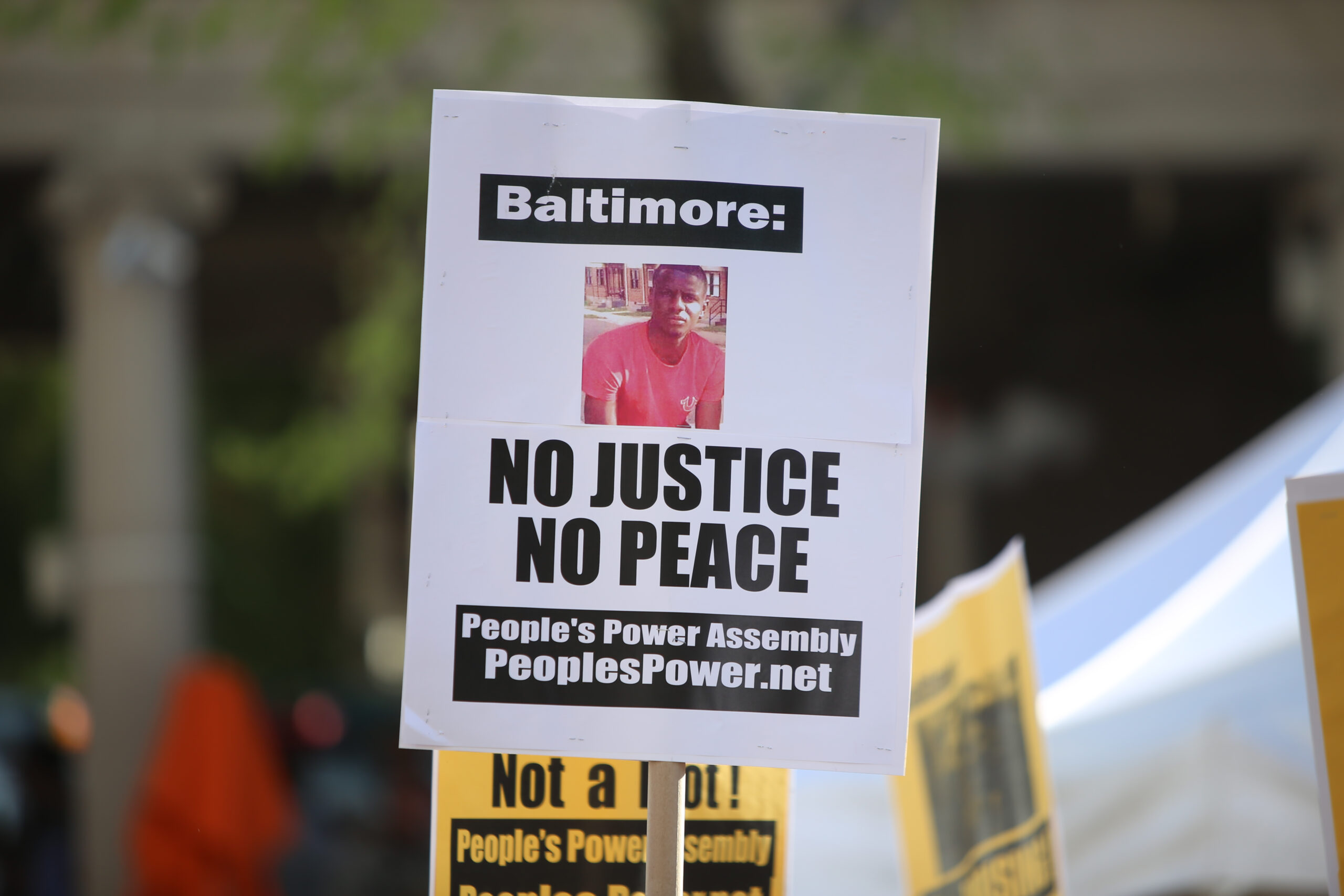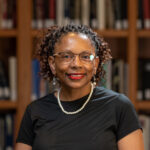
After surviving the most challenging phases of Covid-19, I was seeking a connection with my faith at a new level. I am a lay leader in a United Methodist church and prior to participating in the ICJS Congregational Leaders Fellowship, I mostly practiced my Christian faith through my actions. The fellowship provided me an opportunity to practice my faith through actions and dialogue with people from different religious traditions.
One key moment in the fellowship that challenged me to be more vocal about my beliefs and step out of my comfort zone was during the storytelling workshop, when we were asked to share our stories. The workshop facilitator instructed us to write a story about a moment we felt called to action. I panicked. I had chosen a very difficult topic: the death of Mr. Freddie Gray in Baltimore in April 2015. I initially did not want to write about this topic, but I asked myself: why did I decide to participate in this fellowship? My answer: To go to a new level in my faith. Finding this answer compelled me to stay the course.
Sharing this story from my perspective was especially difficult for me because it resonated with an experience I had growing up in Indianapolis, IN, where African American males were always harassed by law enforcement. My older brother served time in the juvenile detention center because I could not state with absolute certainty that he was at home with me at a given time and date. I became an unreliable witness. I carried guilt for years because I had failed my biological brother. My older brother would later explain to me that it was the game of the system to stop African American males until law enforcement could make some crime stick.
As I watched what happened to Freddie Gray in 2015, I was reminded of the situation with my brother those many years ago. What made the story of Freddie Gray more devastating was the Baltimore City riots that followed. Mr. Gray’s death moved the Baltimore youth to speak up. Shortly before the unrest began, the bus service around Mondawmin Mall in northwest Baltimore, where youths began gathering, was suspended, leaving students stranded with no way to get home. The riots did lead to some changes in the Baltimore law enforcement procedures, but there is still a lot of work that needs to be done.
The Freddie Gray death was a call to action for me to continue to use my voice and my faith to bring about change in our communities. I believe we need to continue to advocate for strong godly relationships between our communities and law enforcement. Our children are our future, and I believe we need to fight for a better world for them. I am grateful that my church is engaged with other religious communities, using our faith to come up with ways we can minimize racial and religious prejudice that leads to unjust treatment.
Because of this fellowship experience, I grew more confident in being vocal and unapologetic about my beliefs and passion for truth and justice. I understand the importance of having dialogue and taking action with people from diverse religious and racial backgrounds around these difficult topics. In the end I know that what I do in the name of GOD is what will matter at the end of my life’s journey.
 Constance Sims Rosser is a member of Ames United Methodist Church and was a member of the 2022 ICJS Congregational Leaders Fellowship. Learn more about the ICJS Congregational Leaders programs here.
Constance Sims Rosser is a member of Ames United Methodist Church and was a member of the 2022 ICJS Congregational Leaders Fellowship. Learn more about the ICJS Congregational Leaders programs here.
Opinions expressed in blog posts by the ICJS Congregational Leader Fellows are solely the author’s. ICJS welcomes a diversity of opinions and perspectives.